Content warning
This story may contain sensitive material or discuss topics that some readers may find distressing. Reader discretion is advised. The views and opinions expressed in this story are those of the author and do not necessarily reflect the official policy or position of Vocal.
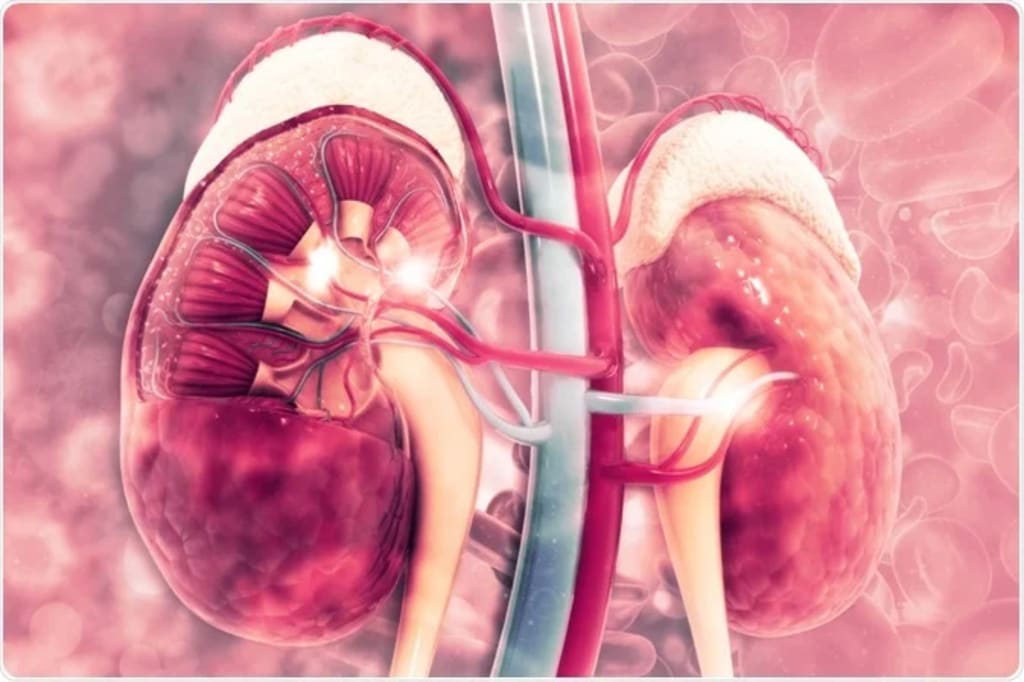
The kidney is one of the most important organs of the human body. It helps to filter waste and excess water from the blood, producing urine for excretion. However, there are several diseases that can affect the kidney's ability to function properly. Some of these conditions can result in kidney damage, which can lead to serious health problems. In this article, we will explore some of the diseases that can affect the kidney and some signs that may indicate the kidney is affected.
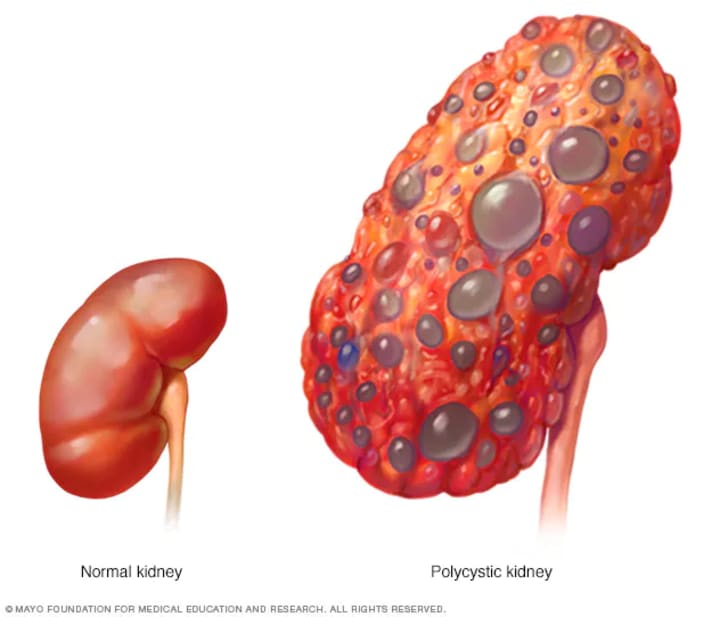
1. Chronic Kidney Disease (CKD)
Chronic kidney disease is a common condition that affects millions of people around the world. It is a serious condition that can lead to kidney failure if left untreated. The main causes of CKD include diabetes, high blood pressure, and other kidney diseases. Early signs of CKD can include fatigue, nausea, and swelling in the legs, ankles, or feet. As the disease progresses, other symptoms may appear, such as loss of appetite, difficulty sleeping, and muscle cramps. If left untreated, CKD can lead to kidney failure, which requires dialysis or a kidney transplant to replace the damaged organs.
2. Polycystic Kidney Disease (PKD)
Polycystic kidney disease is a genetic condition that causes cysts to develop in the kidneys. These cysts can grow and interfere with the kidney's ability to function properly. PKD can result in kidney damage, leading to kidney failure. Symptoms of PKD can include high blood pressure, frequent urination, and pain in the back or sides. As the disease progresses, other symptoms may include blood in the urine, kidney stones, and urinary tract infections.
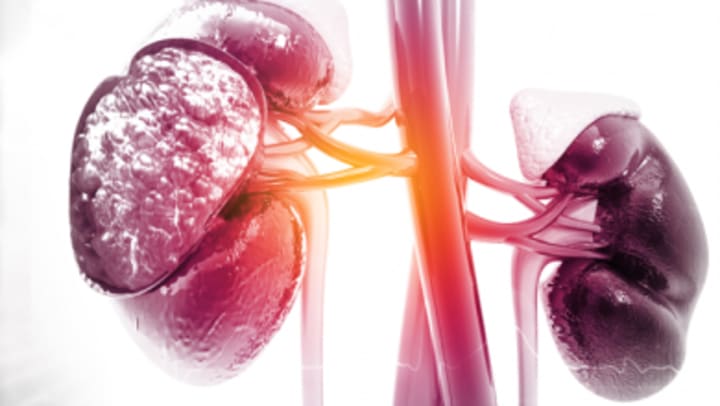
3. Glomerulonephritis
Glomerulonephritis is a condition that affects the glomeruli, the tiny blood vessels that filter waste from the blood in the kidneys. This condition can be caused by infections, autoimmune diseases, or other conditions that damage the kidneys. Symptoms of glomerulonephritis can include blood in the urine, proteinuria (excess protein in the urine), and swelling around the eyes, hands, or feet. If left untreated, glomerulonephritis can lead to kidney failure.
4. Kidney Stones
Kidney stones are hard deposits that form in the kidneys and can cause severe pain when they pass through the urinary tract. While kidney stones are more common in adults, they can also affect children. The main symptoms of kidney stones include severe pain in the back, sides, or lower abdomen, nausea, and vomiting. If left untreated, kidney stones can cause permanent kidney damage.
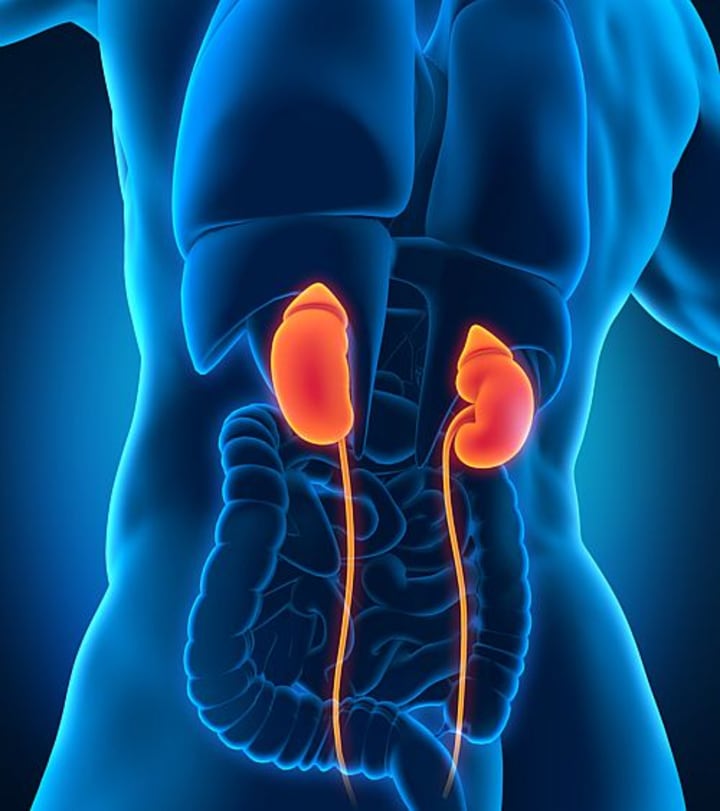
5. Urinary Tract Infections (UTIs)
Urinary tract infections are a common condition that can affect both men and women. UTIs occur when bacteria enter the urinary tract and multiply, causing inflammation and infection. Symptoms of UTIs can include pain or burning during urination, frequent urination, and cloudy or bloody urine. If left untreated, UTIs can cause infections in the kidneys and lead to kidney damage.
Some signs that may indicate the kidney is affected

1. Changes in Urination
Changes in urination can indicate that the kidneys are not working properly. These changes may include frequent urination, painful or difficult urination, or blood in the urine.
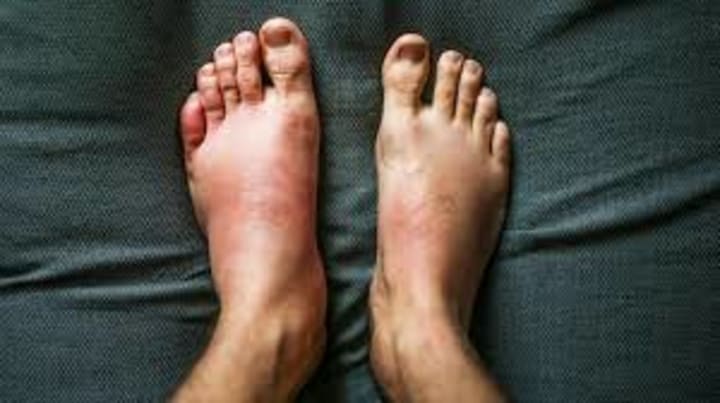
2. Swelling
Swelling of the feet, ankles, or hands can be a sign of kidney disease or damage. This swelling is caused by a buildup of fluids in the body due to the kidneys not being able to properly filter excess fluids and waste from the body.

3. Fatigue
Fatigue is a common symptom of kidney disease. When the kidneys are not functioning properly, toxins can build up in the body, causing fatigue and weakness.

4. Nausea or Vomiting
Nausea or vomiting can also be a sign of kidney disease. When the kidneys are not working properly, toxins can build up in the body, leading to nausea and vomiting.

5. High Blood Pressure
High blood pressure is a common symptom of kidney disease. The kidneys play a crucial role in regulating blood pressure, and when they are damaged, blood pressure can become elevated.
In conclusion, the kidneys play an essential role in maintaining overall health. However, several diseases can affect the kidney's ability to function properly, leading to serious health problems. It is crucial to be aware of the signs and symptoms of kidney disease and get medical help if you suspect that your kidneys may be affected. Early detection and treatment can help prevent or slow the progression of kidney disease, improving overall health and quality of life.
Follow for more health tips, #health #vocal
About the Creator
Freddy
mystery, facts and horror stories to read
Enjoyed the story? Support the Creator.
Subscribe for free to receive all their stories in your feed. You could also pledge your support or give them a one-off tip, letting them know you appreciate their work.


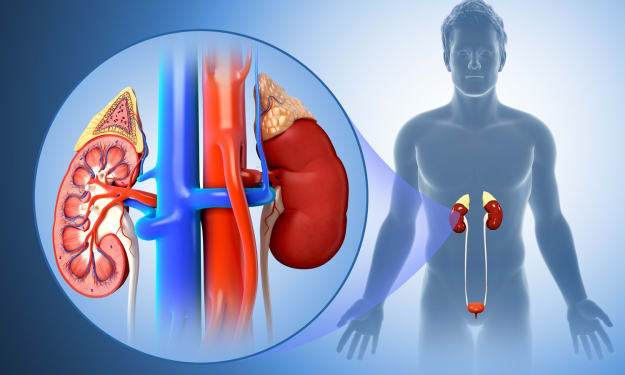



Comments
There are no comments for this story
Be the first to respond and start the conversation.